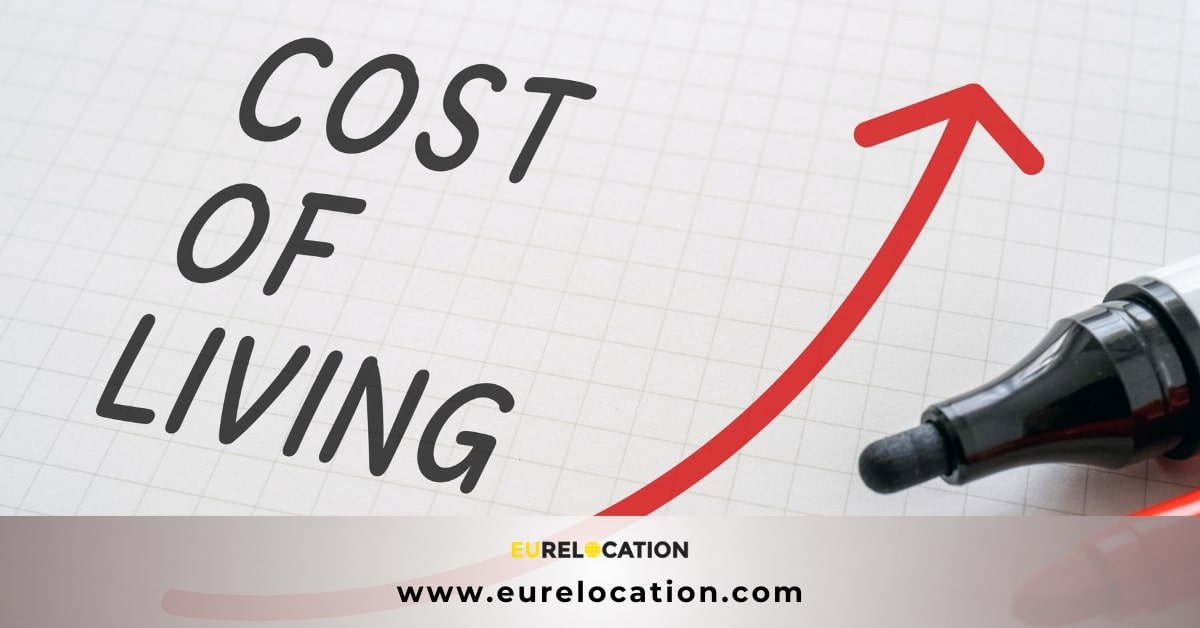Opening a business in Europe can be an exciting opportunity, whether you’re an expat looking to start fresh or an entrepreneur expanding into new markets. However, understanding the legal and regulatory requirements can be challenging. From registering your company to following local tax laws, it’s important to know the steps to take when opening a business in Europe. In this guide, we’ll explain the key legal obligations, tips for success, and advice for long-term business growth.
Understanding the Legal Requirements for Opening a Business in Europe
The Importance of Legal Compliance
When opening a business in Europe, it’s essential to follow local laws to ensure success. Each European country has its own rules about business registration, taxes, and employee rights. While the European Union (EU) has worked to harmonize some business laws, it’s still important to follow both national and EU regulations to avoid problems.
Opening a Business in Europe and Choosing the Right Legal Structure
The first step in opening a business in Europe is selecting the best legal structure for your company. Here are the most common types of business structures:
- Sole Proprietorship: A simple, low-cost option where one person owns and runs the business. This works well for freelancers or small businesses.
- Limited Liability Company (LLC): A popular choice for small businesses. It protects the owner’s personal assets and offers a formal business structure.
- Public Limited Company (PLC): A more complex structure for businesses that want to raise capital by selling shares. Common in countries like the UK and Germany.
- Partnership: A structure where two or more people share ownership and responsibilities. There are general and limited partnerships.
Choosing the right structure is important for the future of your business, so take time to pick the best option.
Business Registration Process in Europe: What You Need to Know
Step 1: Choose Your Business Location
Decide where to register your business in Europe. While the EU offers a unified market, each country has different rules for registering a business. Choose a country that fits your business goals and offers good tax options.
Step 2: Opening a Business in Europe and Registering with the Authorities
After choosing a location, you need to register your business with the local or national authorities. This process often requires submitting:
- Business Name: Choose a unique name that isn’t already used.
- Articles of Association: These explain how your business will operate.
- Proof of Address: Most countries require proof of a physical business address.
- Ownership Details: Include information about the business owners and directors.
Step 3: Obtaining Permits and Licenses
Depending on your type of business, you may need special permits or licenses to operate legally. For example, restaurants might need health and safety certificates, while construction companies need building permits.
Step 4: Opening a Business in Europe and Registering for VAT and Taxes
Most European countries require businesses to register for VAT if they earn more than a certain amount. The VAT registration process differs by country, so check the specific rules where you’re starting your business. Also, you’ll need to follow corporate tax regulations, which can vary. For example, corporate tax rates can range from 9% in Hungary to 25% in France or Sweden.
Step 5: Set Up a Business Bank Account
A separate business bank account is essential for handling finances, processing payments, and keeping business and personal expenses separate. Some countries may require extra documentation, like proof of company registration.
Hiring Employees: Labour Laws and Employment Regulations
Understanding Employee Rights and Obligations
When opening a business in Europe, you must follow local labour laws, including minimum wage, social security, and working hours. Key things to know include:
- Minimum Wage: Many European countries set a minimum wage that businesses must pay.
- Social Security: Employers often need to contribute to social security schemes for healthcare and pensions.
- Working Hours: Each country has rules for working hours, holidays, and paid leave. EU guidelines set minimum rights, but individual countries may have extra rules.
Opening a Business in Europe: Hiring Employees in Europe
To hire employees, you’ll need to create an employment contract that follows local labour laws. These contracts must outline job responsibilities, salary, and benefits.
Taxation in Europe: Key Considerations
Corporate Tax Rates in Europe
Corporate tax rates across Europe can vary widely. For instance, Ireland has one of the lowest tax rates in the EU at 12.5%, while countries like France and Germany have rates around 25%.
Each country also has different tax incentives, such as tax breaks for research and development (R&D) or for small businesses. If your business operates in multiple countries, you’ll also need to understand cross-border taxes and double taxation treaties.
Opening a Business in Europe: VAT in Europe
VAT (Value Added Tax) is an important consideration when opening a business in Europe. Most goods and services in Europe are subject to VAT, which is charged at different rates depending on the country. VAT rates generally range from 17% to 27%. Many countries also have reduced rates for certain items like food or books.
If your business earns above a certain threshold, you’ll need to register for VAT. Also, if you sell across borders within the EU, you may not have to pay VAT on each sale, but you must still follow the VAT reporting rules.
Tips for Successfully Opening a Business in Europe
1. Conduct Market Research
Before you start, make sure you understand the demand for your product or service. Research your target market, competition, and any barriers to entry.
2. Opening a Business in Europe: Seek Professional Advice
Navigating the legal and tax rules in Europe can be complicated. It’s a good idea to get advice from legal and financial experts to make sure you’re following all the regulations.
3. Understand Cultural Differences
Europe has many different cultures and languages. Understanding these differences can help you create better marketing, customer service, and management strategies.
4. Use EU Resources
The EU offers many resources for businesses, including funding opportunities and market research. Take advantage of these resources to help your business grow.
5. Build a Strong Network
Networking is key when starting a business in Europe. Connect with local businesses, potential clients, and industry associations to create growth opportunities.
Opening a Business in Europe and Making It Successful
Opening a business in Europe is full of opportunities, but it requires careful planning. By choosing the right business structure, following tax laws, understanding employee rights, and seeking professional advice, you can set your business up for success. With the right strategies and resources, your business can thrive in the European market.
Opening a Business in Europe: Frequently Asked Questions
What are the key legal structures for a business in Europe?
The main structures are sole proprietorships, limited liability companies (LLCs), public limited companies (PLCs), and partnerships.
Do I need to register my business in every European country I operate in?
If you’re doing business in multiple countries, you’ll usually need to register in each country where you operate, especially for VAT and tax purposes.
What is the VAT rate in Europe?
VAT rates in Europe range from 17% to 27%, with some countries offering reduced rates on certain items.
Opening a Business in Europe: How do I hire employees in Europe?
Hiring employees requires creating an employment contract that follows local labour laws, including rules on wages, working hours, and social security contributions.
What are the corporate tax rates in Europe?
Corporate tax rates vary, with Ireland at 12.5% and others like France and Sweden at 25%.
Can I get government support when starting a business in Europe?
Yes, the EU offers programs to help entrepreneurs start and grow businesses, including funding and market research.









